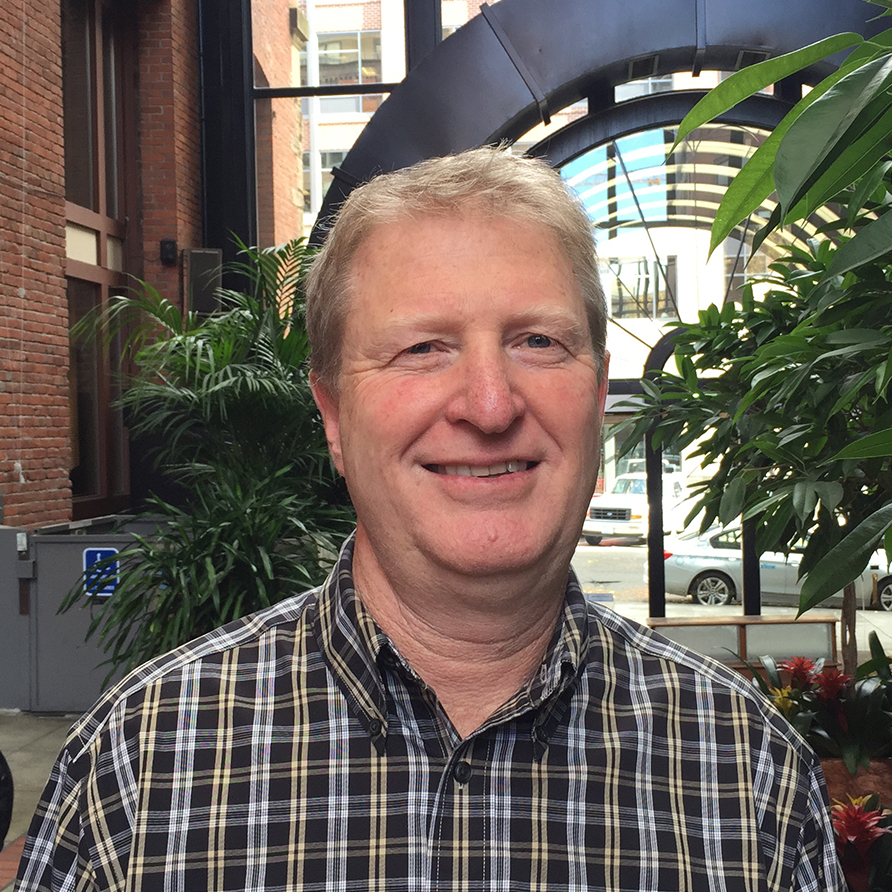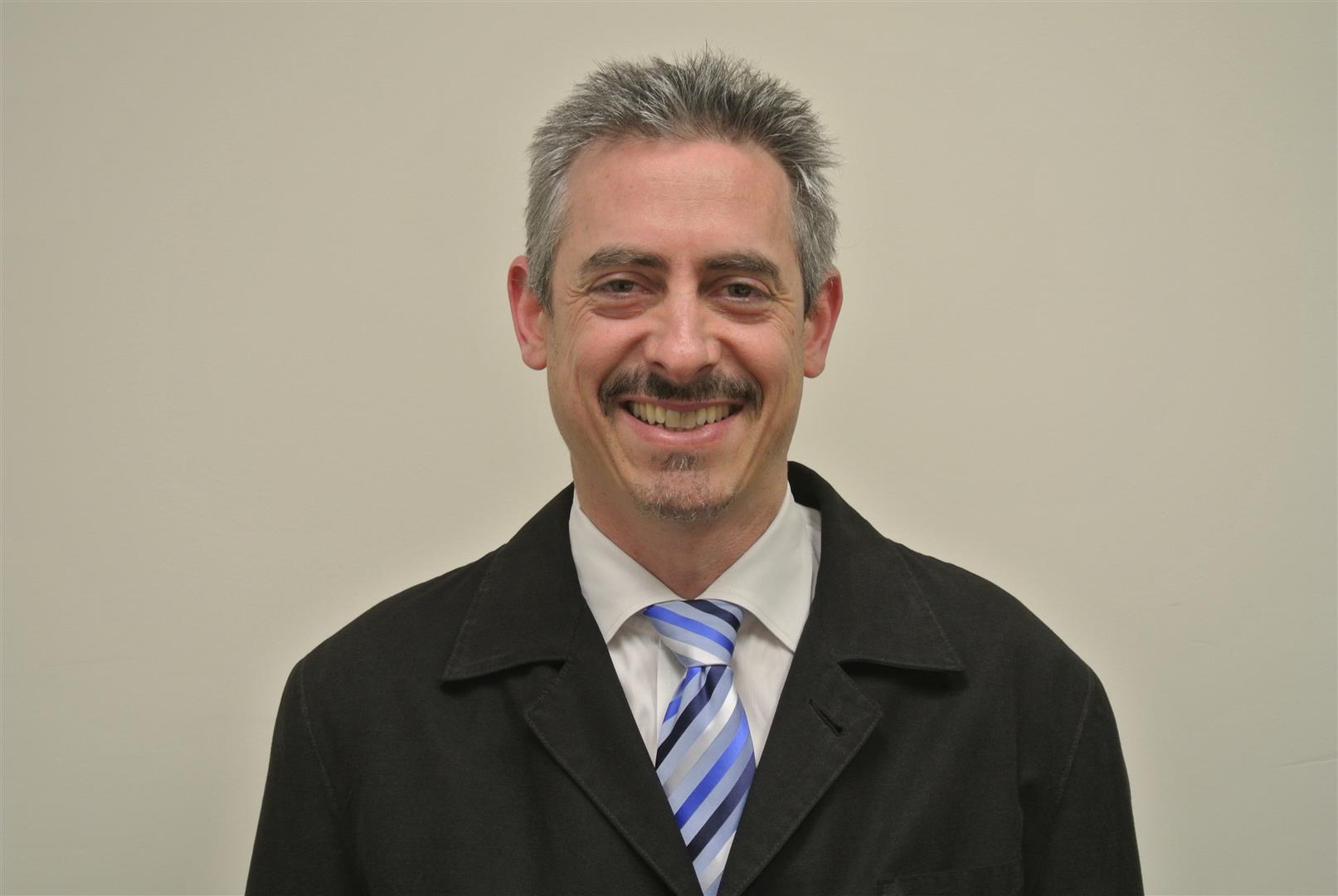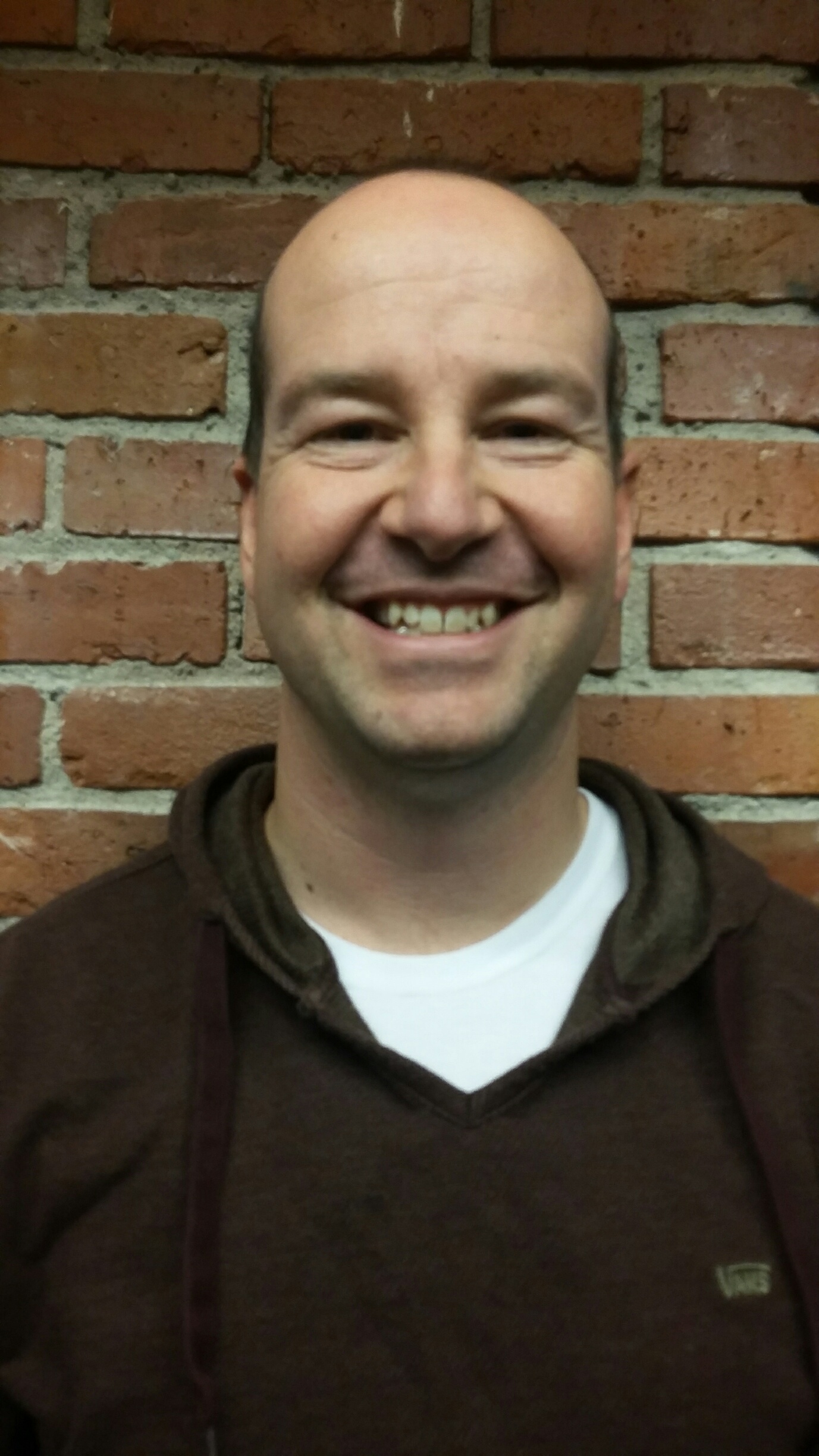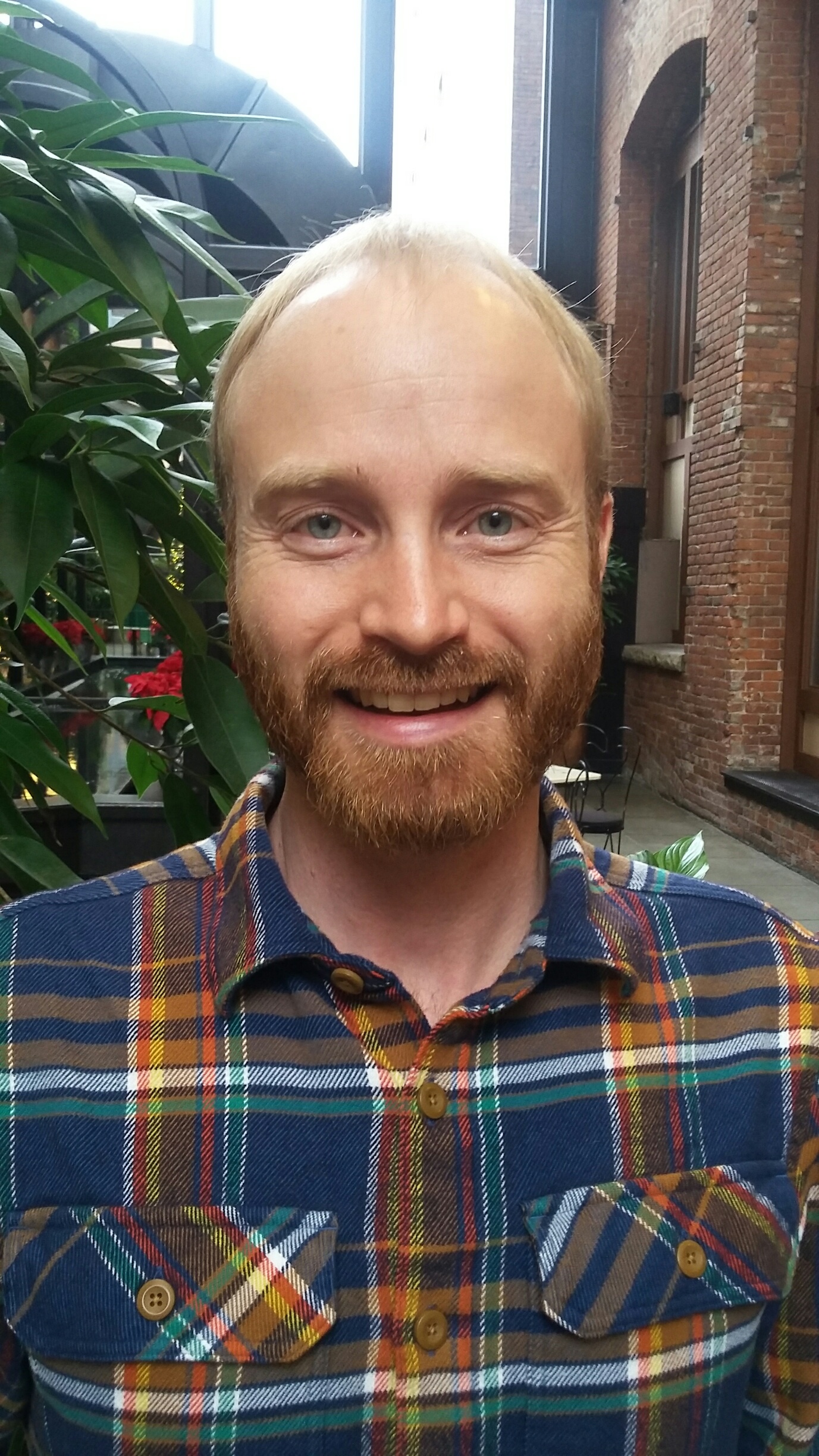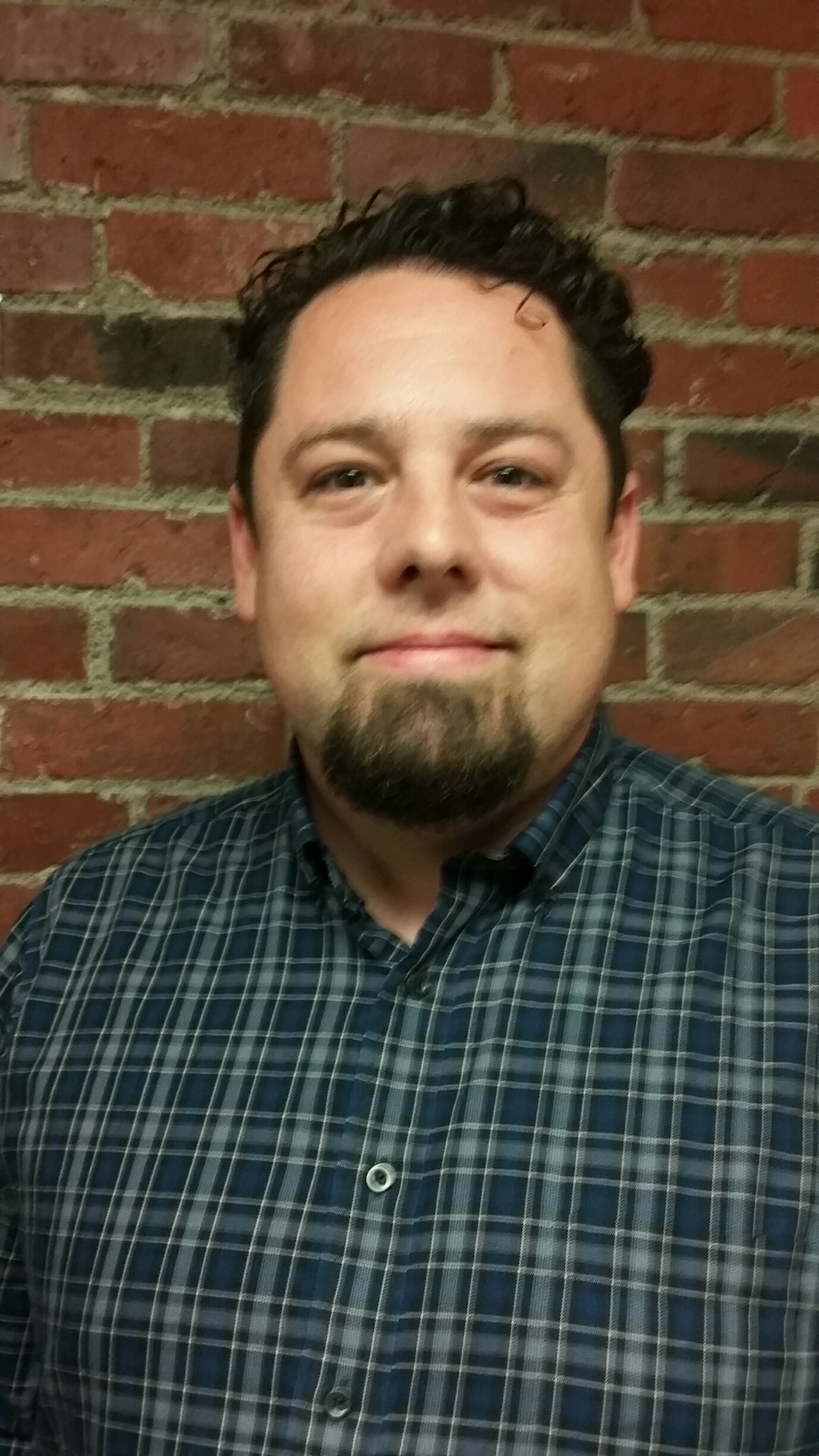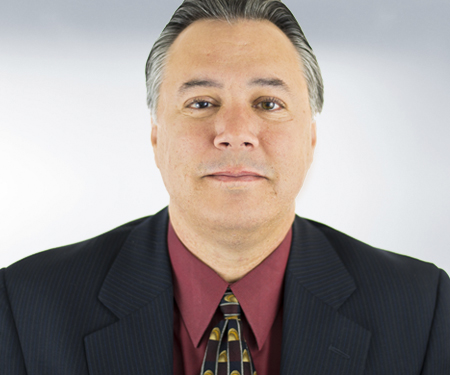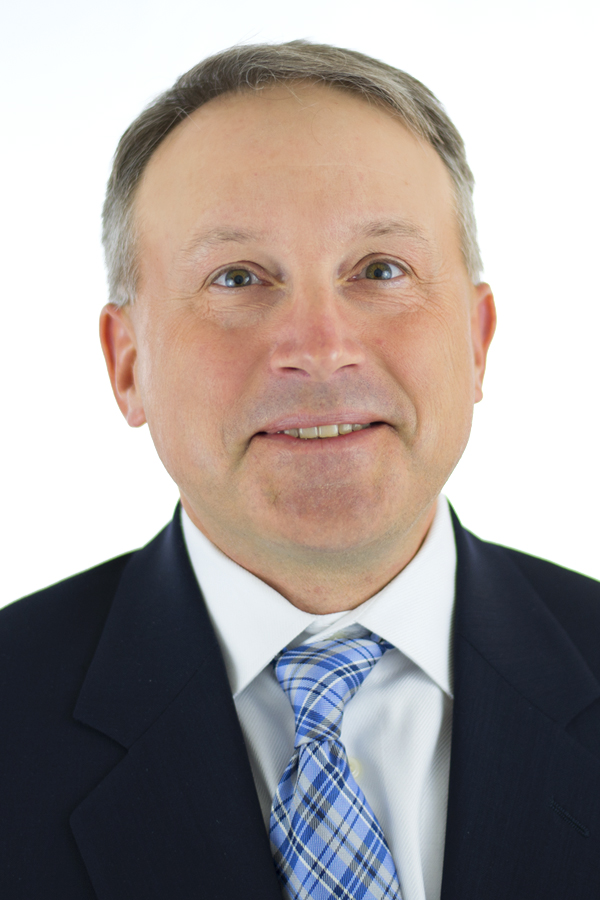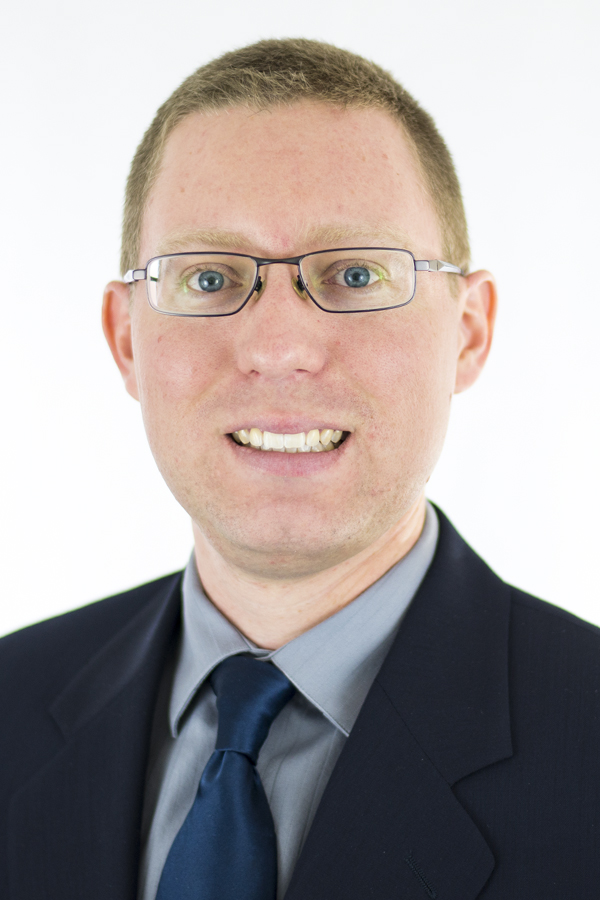Aspect is thrilled to announce our hiring of a municipal water quality services team, formed by 11 new staff, highly regarded for stormwater engineering, planning, and monitoring solutions for public agencies across the Pacific Northwest and the Western US.
In bringing aboard the new members—seven stormwater and surface water quality scientists led by Senior Associate Environmental Scientist Curtis Nickerson and four stormwater planning and engineering experts led by Principal Water Resources Engineer John Knutson—Aspect broadens its existing stormwater engineering and planning for industrial clients to offer a wider range of stormwater services to municipal clients.
Aspect’s stormwater practice lead, Owen Reese, explains, “This is a natural addition to our existing expertise in industrial stormwater management, born of the recognition that municipalities constantly face the challenge of efficiently maintaining compliance with increasingly complex stormwater regulations. Curtis and John’s teams are experts in doing all of this, with a long history of providing strategic advice to cities, counties, and public agencies.”
Joining Aspect’s Seattle office, Senior Associate Environmental Scientist Curtis Nickerson leads a group recognized by clients and technical peers as industry leaders in stormwater and surface water monitoring and evaluation, with a background serving clients such as the Port of Seattle, Washington State Department of Transportation (WSDOT), Seattle Public Utilities, City of Puyallup, and King and Snohomish Counties. Curtis’ team includes Associate Water Resources Scientist Heidi Wachter, Senior Hydrologists James Packman and Bryan Berkompas, Project Environmental Scientist Brad Kwasnowski, Staff Water Resources Specialist Rebecca Powell, and Staff Water Resources Engineer Brian Hite. This group has over 10 years of experience working together and specialize in storm response monitoring, programmatic National Pollutant Discharge Elimination System (NPDES) permit compliance, and using statistical approaches to help clients determine best practices for cleaning and maintaining drainage systems.
“Aspect is a great fit for our team. As water quality regulations become more mature, we’re seeing public agencies tasked with being more flexible and strategic in how they monitor and communicate the data. Aspect’s existing data management and technology group advances our monitoring team’s ability to communicate, analyze, and manage water quality results. This will help us deliver even better water quality programs for clients,” Curtis said.







